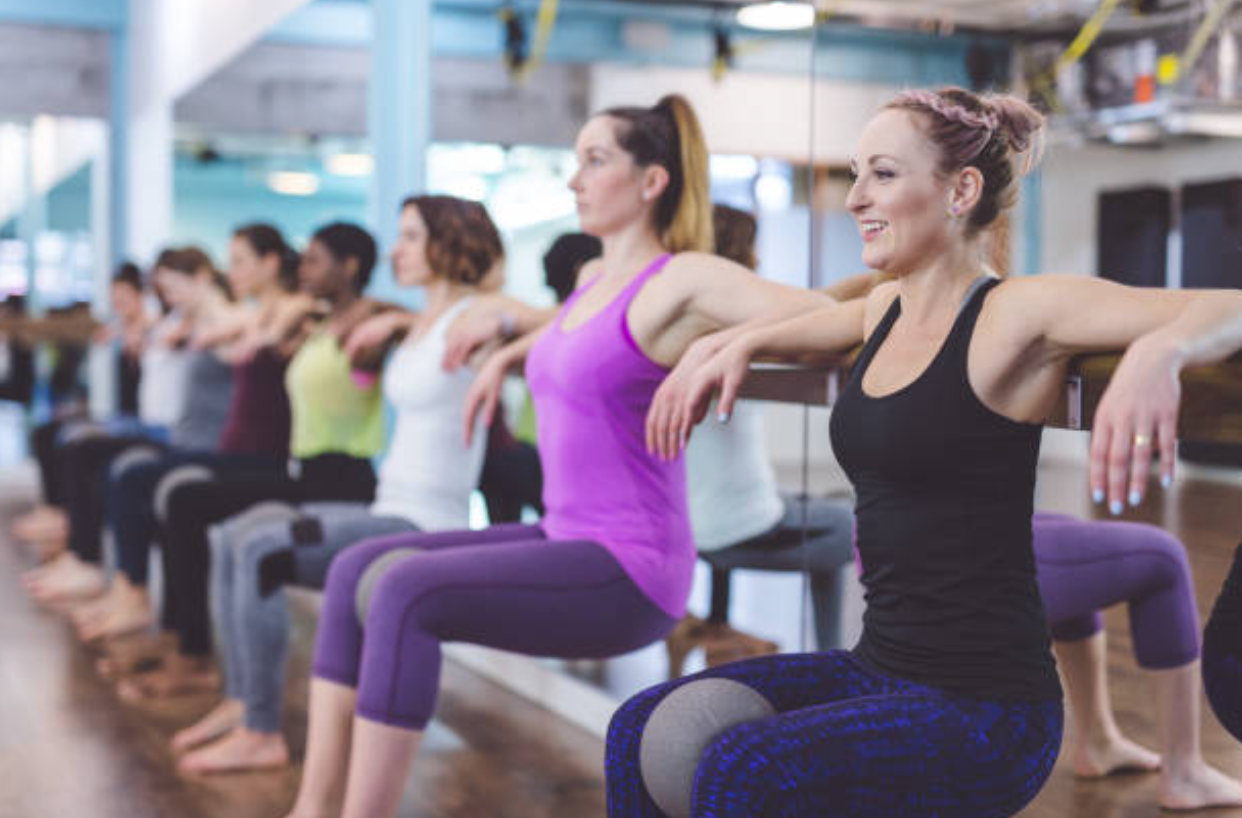The Relationship Between Running and Squats: A Winning Combination

Running and squats might seem like two separate worlds, but they're actually deeply connected when it comes to building strength, endurance, and overall athletic performance. Many runners wonder, "are squats good for runners?" The answer is a resounding yes! Here’s how incorporating squats into your training routine can enhance your running experience, whether you're a seasoned marathoner or just starting out.
-
Building Leg Strength
- Why It Matters: Running primarily engages the muscles of the legs – think quadriceps, hamstrings, glutes, and calves. Squats directly target these same muscle groups, helping to build crucial strength and power. It's a fundamental way to answer the question, "do squats help running?"
-
Benefits:
- Increased Power: Stronger legs can propel you forward more effectively, improving your speed and running efficiency. This is why you'll often hear about "squats for running."
- Reduced Injury Risk: Strengthening the muscles around your knees and hips helps stabilize your joints, reducing the risk of common running injuries.
-
Improving Running Form
- Why It Matters: Good running form is crucial for efficiency and injury prevention. Squats can help reinforce proper biomechanics, contributing to better overall performance.
-
Benefits:
- Better Posture: Squats promote core strength and stability, which are essential for maintaining an upright running posture. This is where the question "are squats good for your core" comes in.
- Enhanced Balance: Improved balance from squats translates to better control during your runs, especially on uneven terrain.
-
Increasing Endurance
- Why It Matters: Endurance is key for long-distance runners. Squats can contribute to muscular endurance, allowing you to maintain performance over longer distances. Many ask, "do squats help running endurance?" and the answer is yes, when done correctly.
-
Benefits:
- Higher Stamina: Incorporating squats helps develop the slow-twitch muscle fibers used in endurance activities, making it easier to sustain longer runs. This is why "squats and running" go hand-in-hand.
- Improved Recovery: Strength training can enhance muscle recovery, allowing you to bounce back faster after long runs.
-
Engaging the Core
- Why It Matters: A strong core is vital for any runner. It helps with stability and power transfer while running.
-
Benefits:
- Core Activation: Squats engage your core muscles, leading to better stability and control during your runs. This is why "squats core strength" is so important for runners.
- Reduced Fatigue: A strong core helps you maintain good form, reducing fatigue as you run.
-
Versatility and Convenience
- Why It Matters: Squats can be performed anywhere and require minimal equipment, making them a versatile addition to any training program.
-
Benefits:
- Easy Integration: You can easily incorporate squats into your warm-up or strength training routine.
- Variety of Squat Types: From bodyweight squats to weighted variations, you can adapt squats to your fitness level and goals. This makes "squatting for runners" accessible to everyone.
Conclusion
Incorporating squats into your training regimen can significantly enhance your running performance by building strength, improving form, and increasing endurance. Whether you’re a novice runner or a seasoned marathoner, adding squats to your routine can help you achieve your running goals. So, lace up your shoes and get ready to squat your way to better runs! You might even find yourself thinking less about "running vs squats" and more about how they work together. And if you're wondering "should runners do squats," the answer is a resounding yes!
While the benefits of incorporating squats into a runner's routine are clear, it's worth considering the specifics of integration and common questions that arise. For instance, many wonder about performing air squats after run sessions. This can be an excellent way to cool down and promote blood flow, aiding recovery while still engaging the muscles. When considering the broader question of do squats help with running, the answer consistently points to improved power, stability, and injury prevention, all critical for runners. It's not a matter of one replacing the other; rather, the synergy between squats vs running is what truly optimises performance. Instead of viewing them as competing activities, think of them as complementary, with squatting and running together forming a more robust and efficient training regimen for any athlete looking to enhance their stride and endurance.
Frequently Asked Questions About Squats and Running
- Are squats and lunges good for runners?
- Yes, absolutely. Both squats and lunges are excellent exercises for runners. They target key muscle groups used in running, such as the quadriceps, hamstrings, glutes, and calves, helping to build strength, improve balance, and enhance overall running performance. Incorporating both into your training can provide a more comprehensive lower body workout.
- Are squats bad for runners?
- When performed with proper form, squats are generally not bad for runners; in fact, they are highly beneficial. However, improper form or excessive weight can lead to injury. It's crucial to start with bodyweight squats and gradually increase intensity while focusing on correct technique. If you have pre-existing knee or hip issues, consult with a healthcare professional or physical therapist before adding squats to your routine.
- Are squats better than running?
- Squats and running serve different purposes and are not directly comparable in terms of being "better." Running is a cardiovascular activity that builds endurance and aerobic fitness. Squats are a strength training exercise that builds muscular strength and power. For runners, the most effective approach is to combine both running and squats in a complementary training program. Squats enhance the muscles used in running, making you a stronger and more efficient runner.
- Are squats effective?
- Yes, squats are highly effective for building lower body strength, improving core stability, and enhancing overall athletic performance. They are a compound exercise that works multiple muscle groups simultaneously, making them a very efficient use of training time. For runners, their effectiveness lies in their ability to strengthen the muscles crucial for propulsion, stability, and injury prevention.
- Are squats good for distance runners?
- Squats are very good for distance runners. While distance running focuses on aerobic endurance, muscular strength is still vital. Stronger legs and a stable core help distance runners maintain good form over long distances, improve running economy, and reduce fatigue. Squats contribute to the muscular endurance needed to sustain performance during longer runs and can help prevent common overuse injuries.
Let's train with Live4Well APP now!



